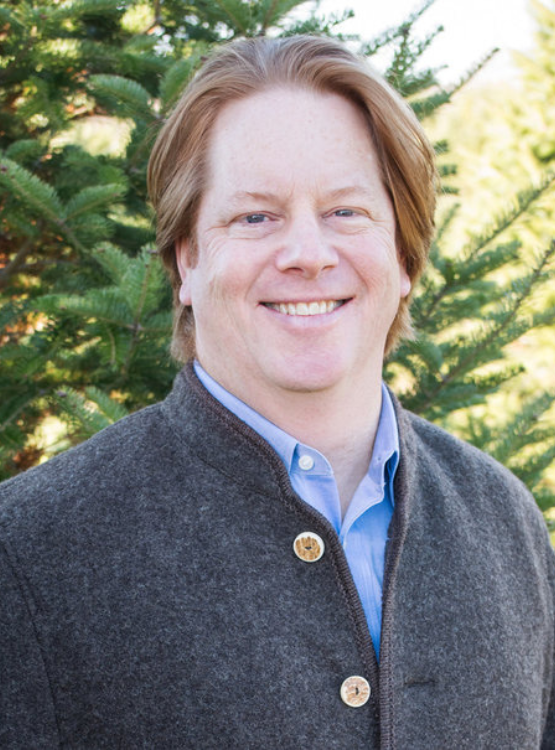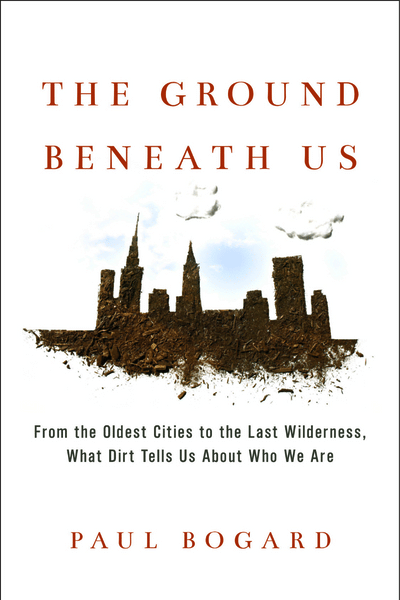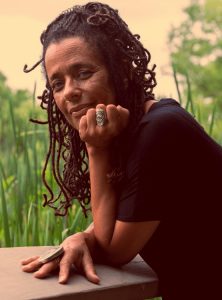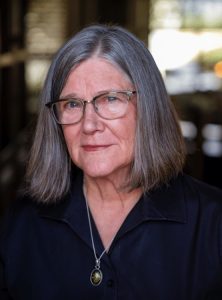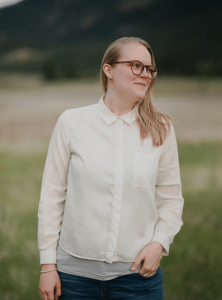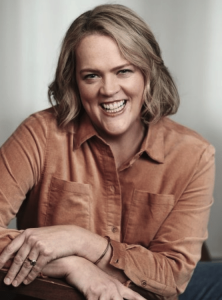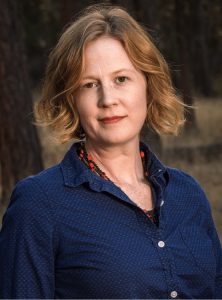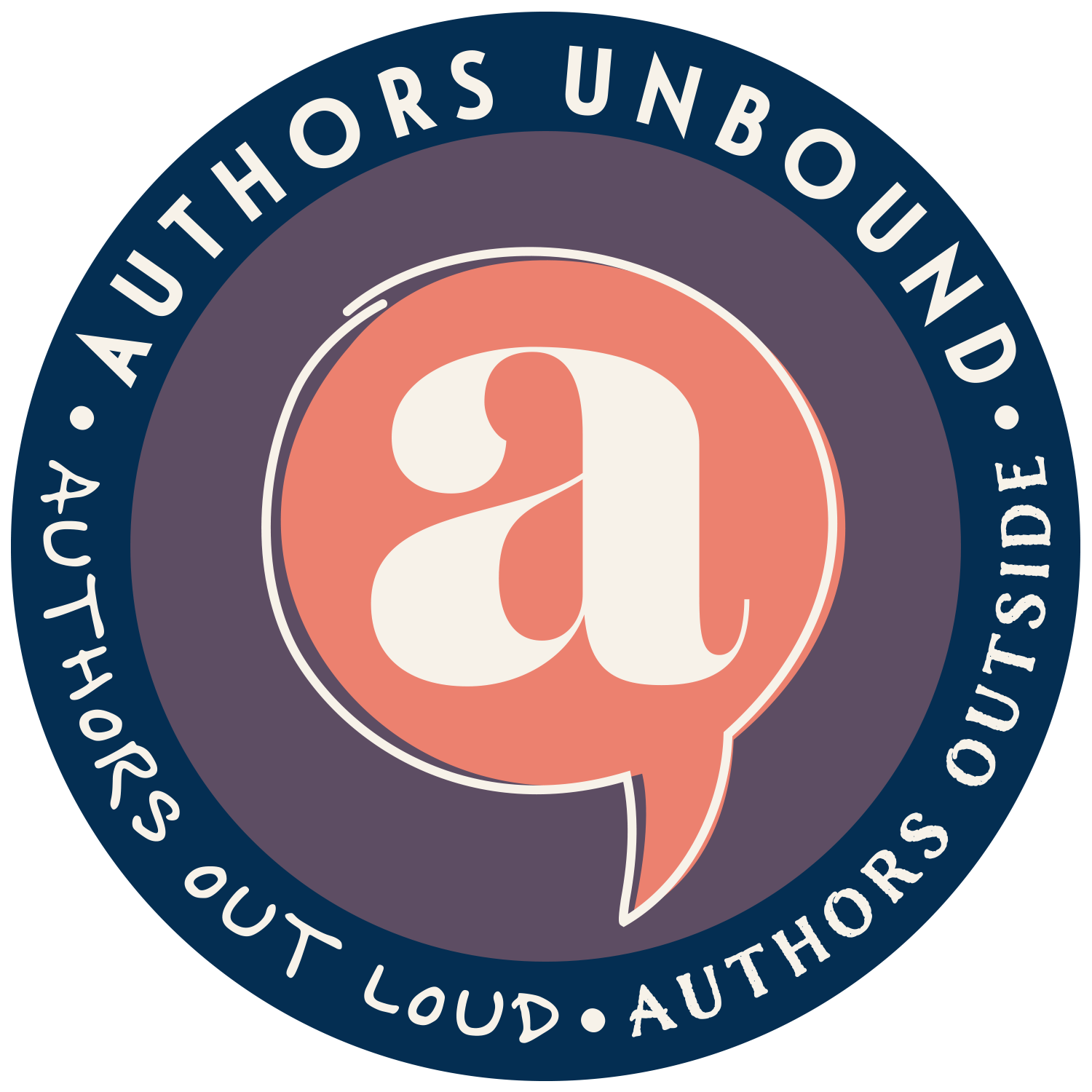Paul Bogard is the author of The Ground Beneath Us: From the Oldest Cities to the Last Wilderness, What Dirt Tells Us About Who We Are, published by Little, Brown. He is also the author of The End of Night: Searching for Natural Darkness in an Age of Artificial Light, published in North America by Little, Brown, and in the UK and around the world by 4th Estate/Harper Collins. The End of Night has been translated into German, Spanish, Japanese, Chinese, and Korean, and is available in hardcover, e-book, paperback, and audiobook.
Paul is editor of the anthology Let There Be Night: Testimony on Behalf of the Dark, a collection of essays by twenty-eight writers on the value of darkness and the costs of light pollution. His articles and essays have appeared in The New York Times, Slate, Salon, Los Angeles Times, Outside, Audubon, Conservation, Reader’s Digest, National Geographic, Creative Nonfiction, and elsewhere.
A native Minnesotan, Paul grew up exploring the forest and watching the stars near a lake in the northern part of the state. He has lived and taught in New Mexico, Nevada, Wisconsin, and North Carolina, and is now associate professor of English at James Madison University in Harrisonburg, Virginia, where he teaches creative nonfiction and environmental literature.
